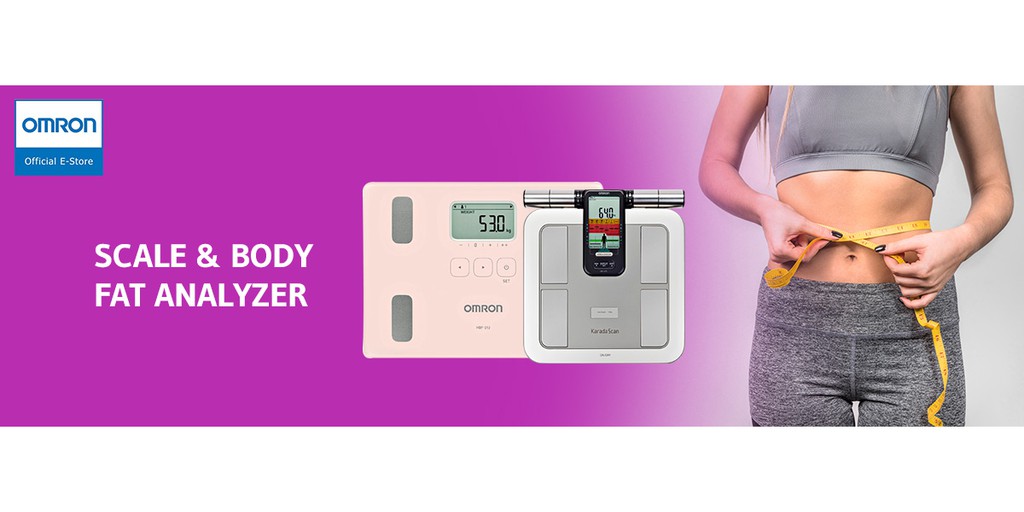Mineral & Vitamin Studies medical test
Learn about Mineral & Vitamin Studies medical tests, including what the tests are used for, why a doctor may order a test, how a test will feel, and what the results may mean.
What is Mineral & Vitamin Studies?
Vitamin lab test measure blood or urine levels of various vitamins which will helpful in diagnosing vitamin deficiencies or an excess or overabundance of particular vitamins.
What the Mineral & Vitamin Studies test used for?
To determine and monitor a mineral deficiency or excess; sometimes to evaluate your nutritional status.
How is the procedure performed?
Trace mineral testing is usually performed on a blood sample obtained by inserting a needle into a vein in the arm. Sometimes a 24-hour urine collection is obtained. Special metal-free blood or acid-washed urine containers are used to minimize the potential for sample contamination by any outside sources of minerals. Rarely, hair may be collected or a biopsy may be performed to obtain a tissue sample to evaluate mineral deficiencies, excesses, and storage that have occurred over time.
- a venous blood test — a trained professional will use a needle to puncture a vein, usually in your arm, to collect a blood sample.
- a finger-prick blood test — using a lancet, you can prick your own finger and collect a small blood sample.
What will be the results interprets?
In general, low concentrations of a mineral indicate a deficiency and high concentrations indicate an excess. Successful treatment for a deficiency should show increasing mineral levels and a decrease in symptoms while treatment for mineral toxicity should show decreasing mineral levels and a corresponding decrease in signs and symptoms.
| Iron test (normal) | Men | Women |
|---|---|---|
| Serum ferritin | 30-400 ng/l | 13-150 ng/l |
| Haemoglobin | 130-170 g/L | 120-160 g/L |
| Transferrin saturation | 20-55% | 20-55% |
| Total iron-binding capacity (TIBC) | 45-72 umol/L | 45-72 umol/L |
| Unsaturated iron-binding capacity (UIBC) | 22.3-61.7 umol/L | 24.2-70.1 umol/L |
| Vitamin D ranges | |
|---|---|
| Normal | 50-175 nmol/L |
| Optimal | 75-100 nmol/L |
| Vitamin B12 ranges | |
| Active B12 (normal) | 37.5- 188 pmol/L |
| Total B12 (normal) | 300- 569 pmol/L |
| Folate (vitamin B9) ranges | |
| Normal | 8.83-60.8 nmol/L |


